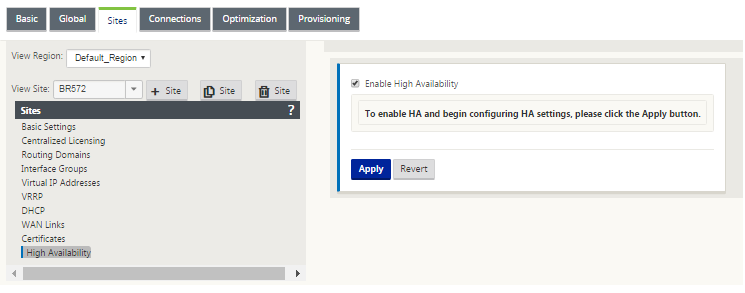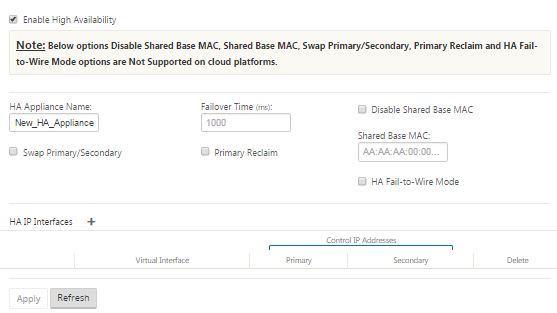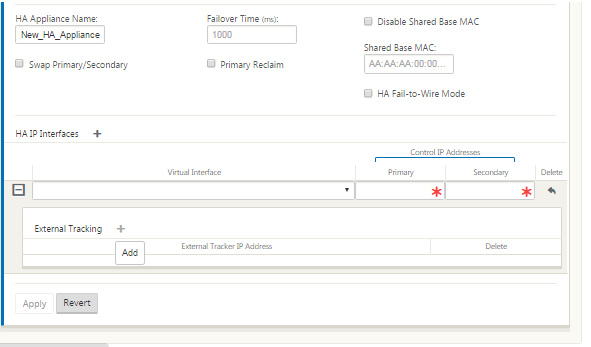This content has been machine translated dynamically.
Dieser Inhalt ist eine maschinelle Übersetzung, die dynamisch erstellt wurde. (Haftungsausschluss)
Cet article a été traduit automatiquement de manière dynamique. (Clause de non responsabilité)
Este artículo lo ha traducido una máquina de forma dinámica. (Aviso legal)
此内容已经过机器动态翻译。 放弃
このコンテンツは動的に機械翻訳されています。免責事項
이 콘텐츠는 동적으로 기계 번역되었습니다. 책임 부인
Este texto foi traduzido automaticamente. (Aviso legal)
Questo contenuto è stato tradotto dinamicamente con traduzione automatica.(Esclusione di responsabilità))
This article has been machine translated.
Dieser Artikel wurde maschinell übersetzt. (Haftungsausschluss)
Ce article a été traduit automatiquement. (Clause de non responsabilité)
Este artículo ha sido traducido automáticamente. (Aviso legal)
この記事は機械翻訳されています.免責事項
이 기사는 기계 번역되었습니다.책임 부인
Este artigo foi traduzido automaticamente.(Aviso legal)
这篇文章已经过机器翻译.放弃
Questo articolo è stato tradotto automaticamente.(Esclusione di responsabilità))
Translation failed!
High Availability (HA) for a branch node
To configure High Availability for the branch site, do the following:
-
Continuing in the Sites section tab, select the Branch for which you want to configure HA. Click the View Sites drop-down menu and select a branch site. Now select High Availability for the branch site. The High Availability configuration form is displayed.

-
Select the Enable High Availability check box.
This enables High Availability for the site, and enables the first level of fields for configuring. A red asterisk (*) indicates a required field where you must enter a non-default value.

-
Enter the basic High Availability parameter values for the HA pair.
-
Enter or select the following:
- HA Appliance Name – This is the name of the HA (secondary) client appliance.
Note
To change or specify the mode for a site, open the Basic Settings branch for the site, and select the mode from the Mode drop-down menu. The options are: client, primary MCN, or secondary MCN. For a branch site appliance, select client as the mode.
- Failover Time – This specifies the wait time (in milliseconds) after contact with the primary client appliance is lost, before the standby client appliance becomes active.
- Shared Base MAC – This is the shared MAC Address for the HA pair appliances.
- Swap Primary/Secondary (checkbox) – When this is selected, if both appliances in the HA pair come up simultaneously, the secondary client appliance becomes the primary client appliance for the site, and takes precedence.
- Primary Reclaim (checkbox) – When this is selected, the designated primary client appliance reclaims control upon restart after a failover event.
-
Click + to the right of HA IP Interfaces.
This adds a new blank entry in the HA IP Interfaces table, and enables the entry for editing.

-
Enter the HA IP Interfaces information for the branch site.
-
Select or enter the following:
- Virtual Interface – This is the Virtual Interface to be used for communication between the appliances in the HA appliance pair.
- Primary – This is the unique Virtual IP Address for the primary client appliance for this site. The secondary appliance uses this for communication with the primary client appliance.
- Secondary – This is the unique Virtual IP Address for the secondary client appliance for this site. The primary appliance uses this for communication with the secondary client appliance.
-
Click + to the right of the External Tracking table. This adds a new blank entry to the table and opens it for editing.
-
Enter the External Tracker IP Address.
-
Enter the IP Address of the external device that responds to ARP requests regarding the state of the primary client appliance.
-
Click Apply.
This adds the new High Availability configuration settings to the branch site configuration.
Share
Share
In this article
This Preview product documentation is Cloud Software Group Confidential.
You agree to hold this documentation confidential pursuant to the terms of your Cloud Software Group Beta/Tech Preview Agreement.
The development, release and timing of any features or functionality described in the Preview documentation remains at our sole discretion and are subject to change without notice or consultation.
The documentation is for informational purposes only and is not a commitment, promise or legal obligation to deliver any material, code or functionality and should not be relied upon in making Cloud Software Group product purchase decisions.
If you do not agree, select I DO NOT AGREE to exit.